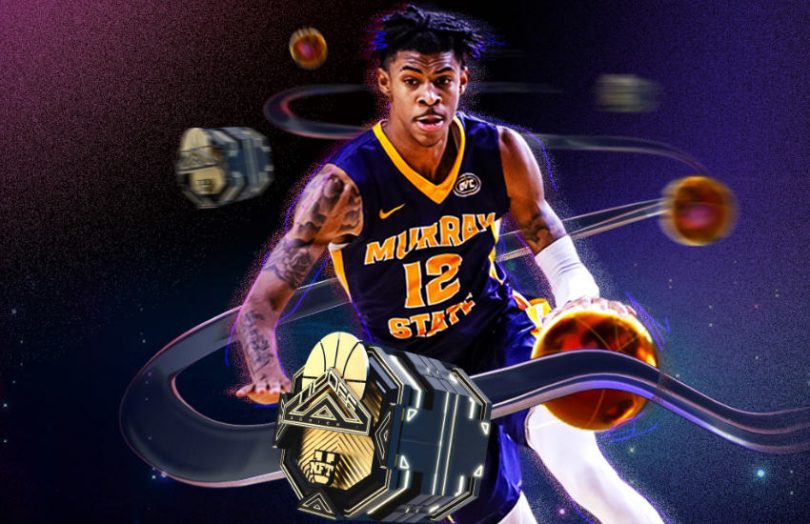Last year non-fungible token (NFT) platform Recur raised $50 million to penetrate the new collegiate sports rights industry. Less than six months later, Recur has just announced the launch of NFTU, a digital marketplace dedicated to college sport NFTs. Its debut series Tip Off features collectibles of over 100 current and former basketball players across 50 American universities.
Until last year, the NCAA, the body that regulates collegiate sports in the U.S., did not allow student athletes to profit from their name, image, and likeness (NIL). As such, athletes couldn’t launch branded products, sell signed jerseys, or partner with other companies to promote their products. In June last year, the Supreme Court ruled that the regulation violated antitrust laws which opened the doors to many opportunities for athletes and brands alike.
Recur was one of the first platforms in the NFT space to announce plans to create a digital space dedicated to college sports. Since the announcement, individual projects between athletes and NFT providers have dropped, including Michigan’s football player Blake Corum and Notre Dame’s Jack Coan partnership with Draftly.
One recurring issue with these individual projects is that the athletes don’t necessarily have the approval of their University’s team to use their logo or other branding symbols in the NFT. The launch of a collection without the branding of their own team almost makes it feel as if something is missing.
Recur addresses these concerns by partnering with the universities themselves as well as the athletes, ensuring that the NFTs are officially licensed and branded as an authentic line of products of the team or athlete. The platform has also partnered with licensing rights companies Learfield, CLC, Brandr, Veritone, and Pac-12 to expand the intellectual property available for commercialization further.
New drops will launch every week with NFTs in four levels of rarity. The fixed price for Common NFTs is $10 and for Ultra Rare NFTs is $500. Fans can participate in challenges to trade common NFTs for others of higher rarity or sell them on NFTU’s marketplace. The different pricing points and fairly affordable starting prices allow a wider and more diverse audience to get involved.
For fans, a “one stop shop” for collegiate sport NFTs gives another outlet for them to connect with the athletes and support their careers.
“Murray State bet on me when no one else would, and since then, they’ve made me feel like family,” said Ja Morant, former Murray State athlete and current NBA Memphis Grizzlies player. “RECUR allows current student-athletes to maximize NIL, which is great for college athletes, and also let fans be a part of the game like never before.”
Meanwhile, University of Oregon’s football player Kayvon Thibodeaux launched fan tokens with Rally. Oregon also launched an NFT platform with Nike and raised over $500,000 in the collectibles’ auction. Parity launched an NFT marketplace for women athletes.






